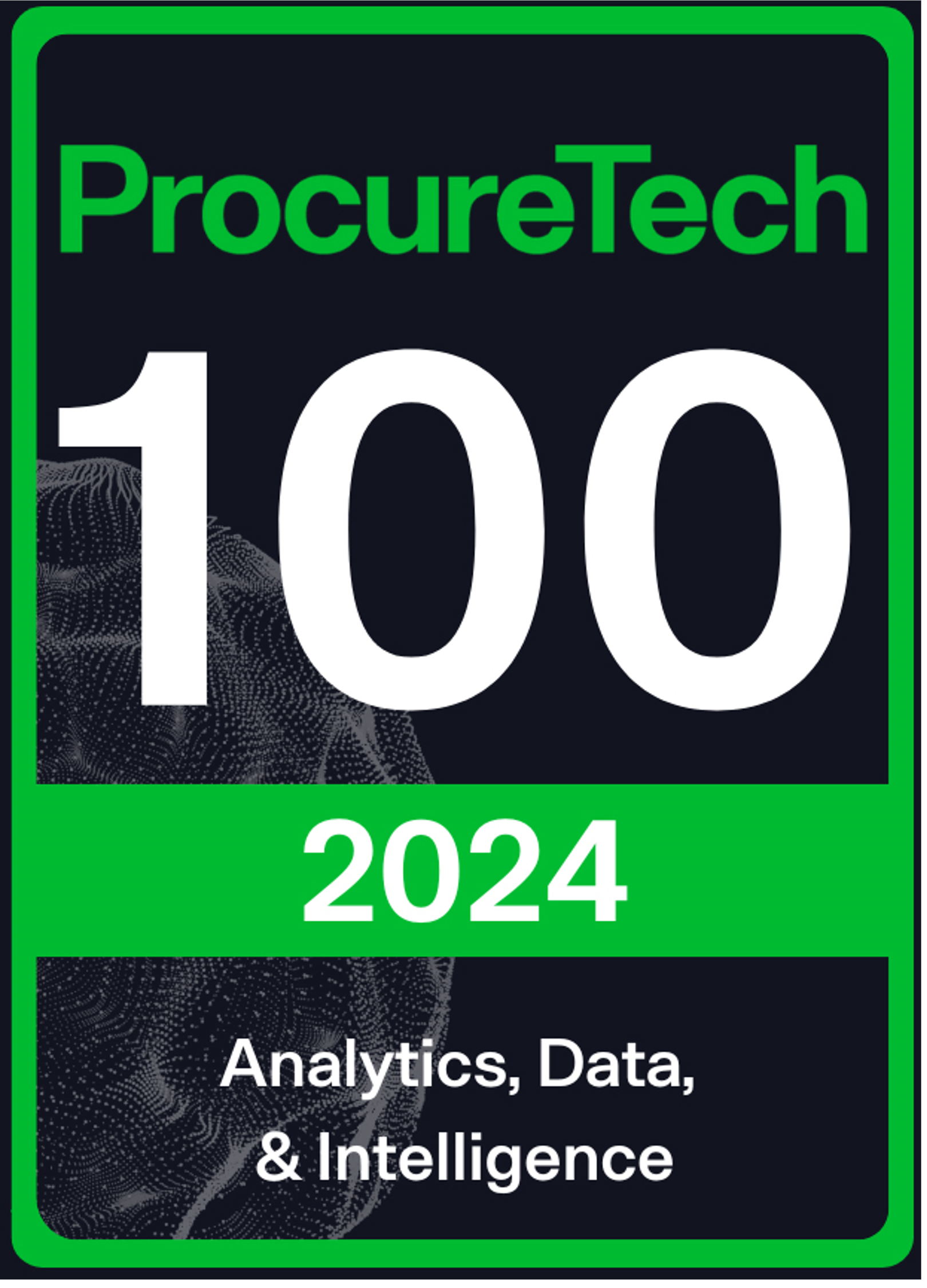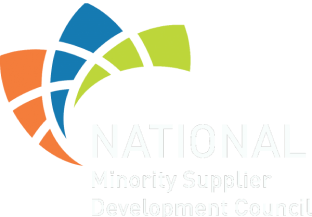The recent US election brought focus to key issues like inflation, immigration, and civil rights. For supply chains, the outcome is particularly impactful, reshaping who makes things, where they’re sourced, and the costs involved. Donald Trump’s election as President signals significant policy shifts across these areas, which will have substantial implications for global trade and procurement.
As we anticipate President Trump’s inauguration on 20th January, businesses have an opportunity to prepare for changes in policy that may alter cost structures, sourcing locations, and potential disruption risks.
Countdown to inauguration: Key changes to watch
It’s clear that Trump’s presidency will come with a new set of policies. While a few congressional races remain undecided, his alignment with the Republican-led Congress and support from a sympathetic Supreme Court could accelerate his agenda.
In the coming weeks, Trump will announce his cabinet, with confirmation processes likely beginning in December. Businesses should monitor key supply chain risks as inauguration approaches, including policy shifts, economic changes, and more.
- Domestic unrest: The transition period may bring increased civil unrest in the form of protests or strikes, though most are expected to be peaceful and minimally disruptive.
- Foreign investment and reshoring: Many companies may reconsider their supply chains, potentially shifting production away from China, with Mexico also in focus.
- Financial markets: Expect changes in borrowing costs due to anticipated increases in government debt yields. Additionally, heightened currency volatility is likely as the dollar strengthens and currencies tied closely to US trade, such as the Mexican peso, may depreciate.
- Global conflicts: Isolationist policies could affect international stability. Increases in energy prices may arise from escalated Middle Eastern tensions, and essential waterways could face disruptions.
- Sanctions: New sanctions may target Russia, though these are unlikely to directly impact supply chains unless sanctions extend into critical exports.
Navigating the Trump era of global trade: Supply chain risks
Under a pro-business banner, Trump’s administration will introduce changes that alter the current global trade landscape. PRISM assesses potential supply chain risks and offers strategies to mitigate them.
Tariffs: A central component of Trump’s policy is implementing tariffs on trading partners like China and Mexico, addressing trade and other issues, including immigration and drug trafficking. This tariff approach includes proposals for 60% tariffs on Chinese imports and 20% on others, impacting cost structures across supply chains.
- Mexico-specific tariffs could include:
- 25% on general imports to address migration and trafficking concerns,
- Up to 500% on cars manufactured by Chinese firms in Mexico,
- Tariffs on Chinese goods re-exported from Mexico to the US.
- As tariffs increase, impacted countries may respond with countermeasures on sensitive US exports, such as wheat, soy, and automobiles. In cases where the scope of tariffs is broad, retaliatory actions could target US industries, particularly in technology and clean energy, hindering their growth.
Economic impact: Trump’s policies around trade, stimulus, and immigration could lead to inflation, requiring procurement teams to prepare for price shifts. While corporate tax cuts could improve cash flow for businesses, higher prices may require strategic adjustments to procurement planning.
Geopolitical conflicts: Trump’s intention to address international conflicts, like the war in Ukraine, could affect supply chains through sanctions. While potential easing of sanctions on Russia could alleviate some supply chain pressures, other conflicts—particularly those involving Russia’s neighbors and countries in the Middle East—may escalate, impacting stability and costs in these regions.
Environmental, Social, and Governance (ESG) Policies: Changes to ESG policies are expected as Trump’s administration likely rolls back previous sustainability initiatives. Key shifts include:
- A rollback of environmental regulations, including potential changes to the Inflation Reduction Act, affecting firms’ ability to meet ESG standards.
- Reduced intervention in labor protections and environmental regulations may lower compliance costs, but will require careful monitoring of ESG metrics for reputational risks, especially given EU regulations.
- Possible DEI regulation changes may introduce additional compliance challenges for companies, requiring awareness of evolving policies.
- Without a regulatory focus on ESG, companies may find both opportunities to streamline compliance and challenges in managing sustainability objectives.
Other policy shifts on the horizon
As policies evolve, other sectors, including tech and finance, may also see changes, although specifics are yet to emerge. These shifts could further influence procurement strategies, especially in industries highly dependent on US regulations.
Staying prepared: Readiness as a strategic imperative
Readiness is key, while the specifics of the policies and how they will be implemented are not yet known, the broad outlines are clear. Organizations can begin developing adaptable plans to respond to new tariffs, sanctions, reshoring, shifts in ESG policy, and broader economic adjustments.
Beyond this, policies will be subject to complex dynamics involving trade, economics, geopolitics, and more. Changes may occur suddenly and will at all times arrive alongside significant uncertainty. Businesses must prepare, and having a system in place to monitor is mission critical. Strategic monitoring and proactive readiness will be essential as businesses navigate this evolving landscape, and having a system in place to monitor is critical.
Beroe’s solutions and expertise provide invaluable support to navigate this complex landscape with confidence by providing the tools, data, and insights needed. Take proactive steps and explore Beroe’s offerings today.
Author
Related Reading

03 Dec, 2025
Navigating Inflation in a World of Volatility: How Procurement Can Move from Firefighting to Strategy











